Home » The Roots: Kratom Vendors & Regulation

The Roots: Kratom Vendors & Regulation
- Anthony Dent, Founding Member
- One Comment
-Where Kratom comes from makes a big difference, and the question of how to sell it. Kratom vendors are making ridiclous claims to get new business.
Of late, I’ve seen a proliferation of kratom products sold online, om gas stations, smoke shops & new locations which coincides with kratoms increasing popularity. Others, too, take notice. A news outlet in Montana wrote a somewhat charged article a few months back levying a number of criticisms towards kratom that have the familiar ring of the misinformed accusations of prior campaigns, as levied by the FDA. But that station took backlash, and even walked back much of their original story. Using information in-line with our own interview with the AKA’s Mac Haddow, the Great Falls media outlet noted that the proponents of kratom are not only numerous, but convincing, primarily due to their requests for transparency in the form of regulation and increasingly rigorous scientific studies.That the kratom community not only invites scrutiny, but encourages it, should be a telling factor for the opponents of kratom – there is nothing to hide, and with proper examination, the overwhelming anecdotal evidence of kratoms potential can be codified, confirmed, and honed to best serve the community which would seek its use.
The article cites several medical professionals who note their concern is not with kratom itself, but with quality control; in an unregulated market, there’s little to ensure that the kratom is medicinal grade beyond the viability and determination of a vendor (the AKA certifies vendors who have taken these steps). While most professional kratom vendors who ‘look the part’ are indeed worthy of this designation, and themselves take the kratom they sell, there are numerous kratom vendors who quite blatantly do not understand kratom, the kratom community, or its purpose.
Much of the chagrin towards kratom has been associated with the lower element of the vending pyramid. Headshops & kratom vendors that market kratom as a ‘legal high’ and gas stations that sell kratom next to their aphrodisiacs of questionable merit are not only inaccurate but harmful to the kratom community. The FDA and other kratom opponents take this as evidence that kratom is a seedy herb that rapscallions seize to ‘get high’, avoid drug tests, or disperse to innocent children. But if this data is considered more carefully, it would be seen as the opposite. These vendors are not successful targeting the kratom community. These vendors are targeting individuals who are decided non-participants in the kratom community.
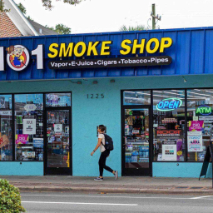
Those who take kratom for medicinal purposes are keenly attuned to the potency and effectiveness of their product, and also highly skeptical of the brands they purchase. These individuals are not purchasing this gas station kratom vendor crap. In fact, those who do purchase kratom as a substance to ‘get a legal high’ are often disappointed – one, because the subtlety and nuance of kratom is not found in the blunt substantiation of a ‘high’, and two, because this kratom is almost uniformly of low quality or adulterated. Know this; adulterated kratom is not kratom. It uses kratom as a vehicle of delivery for another substance which, understanding the generally subtle effects of kratom, will in degrees be more incapacitating than the kratom itself. It’s like putting a dash of salt on a cake and calling it a savory meal. Therefore, kratom advocates are eager to see kratom regulated, because while the trusted vendors they likely shop from would not adulterate their product, these vendors of low repute do, and it casts a draining pall on the momentum of the kratom community.
Regular Regulation
Data is what is most often regulated, not the product. Thus, a 3.5 million dollar government grant offered to the Florida College of Pharmacology is an important step. But for the wide range of potential benefits touted by kratom users, it pales in scope. Kratom needs vigorous attention, both for those looking to regulate and those who use it, that they may be more confident in their assertions. Even un-regulated, the DEA – an organization with global repute for their eccentric and draconic excitability in the strict moral posturing and regulation of the ‘land of the free’ – takes pause at the idea of strong arming a plant which assumes no burdens of proof in posing a risk to public health. In fact, the opposite seems to be true, and even through their polarized myopia, the DEA seems to recognize this. As the public consciousness shifts away from a desire to police morality in substance use, the targeting of a plant most often compared to coffee – and with hundreds of thousands of supporters who swear by its efficacy (and relatively innocuous nature) – seems a tired notion. There is so little to gain when no commitment to public safety is being fulfilled.
Furthermore, scheduling kratom would restrict studies, something that cannabis has taught us does little to enrich society. And for our irresistibly capitalist tendencies here in America, one would think cannabis an effective analog for modelling a revenue stream from kratom from taxation. The government, realizing that their smug concession of the merit of cannabis could extract reciprocity from the public, decided to tax the hell out of cannabis. The same could be done for kratom, if they were so inclined, ignoring the amorality of taxing a plant used medicinally by veterans and the ill. Then again, such a system would be a cozy match with American healthcare.
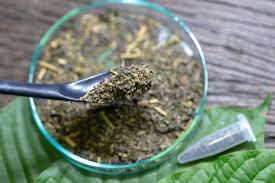
And so we return to the dim glass counters of the headshop. Does a kratom product named ‘Dirty Bomb’ sound medicinal? No? That’s because that vendor is missing the mark. Not all kratom products that come from smoke shops are going to be suspect, in the same way that not every show on universally derided cable is ‘bad’ – remember, Breaking Bad and Fargo came from cable networks. But, much like those hit shows, if it looks, sounds, and feels like a low quality product, it is one. I’d strongly advise finding trusted vendors online and purchasing from them. These are generally people who have heavy involvement in the kratom community, and thus invested, would be loathe to see kratom removed from the market; you can conclude that they would not do anything that would risk this, and so their product will be unadulterated, of acceptable medicinal quality at worst, and will follow some semblance of a standardized ‘best practices’ business model.
Yes, money talks. If low quality kratom vendors don’t make money, they will jettison their product. Everyone stands to benefit in this circumstance. Those once reliant on gas station kratom will find better products online. Those hunting for flaws will be left looking. And those fighting for the rights of kratom will move ever closer to having a safely regulated standard of quality. So please, direct your funds to where they best serve you, and the community. It’ll come back around.
Much like the roots of a plant must consume water of pure quality, nutrients unblemished by rot or scour, so too must economic and social systems imbibe purity. And for it, the fruits of the tree will be all the sweeter.
-Andrew
Featured Products
-
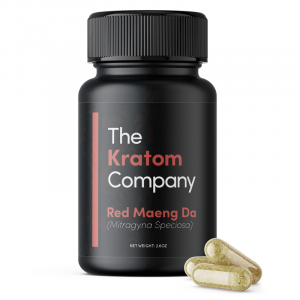 From $24.00Select options This product has multiple variants. The options may be chosen on the product page
From $24.00Select options This product has multiple variants. The options may be chosen on the product page -
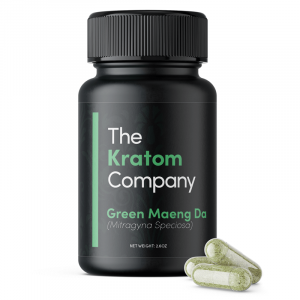 From $24.00Select options This product has multiple variants. The options may be chosen on the product page
From $24.00Select options This product has multiple variants. The options may be chosen on the product page -
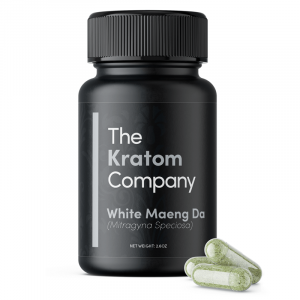 From $24.00Select options This product has multiple variants. The options may be chosen on the product page
From $24.00Select options This product has multiple variants. The options may be chosen on the product page
Explore More Posts
Product Search
Featured Products
-
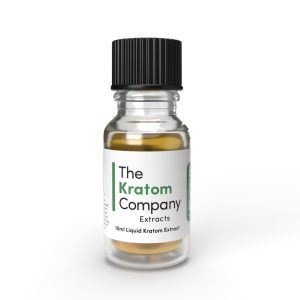 Pure Kratom Liquid Extract
Rated 4.72 out of 5From $20.00
Pure Kratom Liquid Extract
Rated 4.72 out of 5From $20.00 -
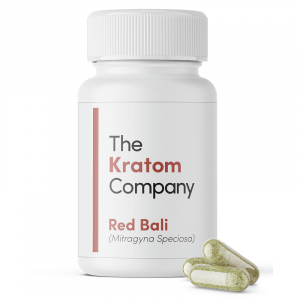 Red Vein Bali Kratom Capsules
Rated 4.70 out of 5From $24.00
Red Vein Bali Kratom Capsules
Rated 4.70 out of 5From $24.00 -
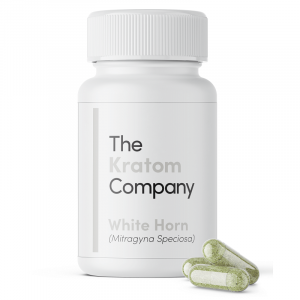 White Horn Kratom Capsules
Rated 4.88 out of 5From $24.00
White Horn Kratom Capsules
Rated 4.88 out of 5From $24.00
Follow Us
Strains
Blogs
NEWSLETTER
Sign up for our newsletter!

These statements and products presented on this website have not been evaluated by the Food and Drug Administration FDA. The products mentioned on this website are not intended to diagnose, prevent, treat or cure any diseases or health conditions. Therefore any information on this website is presented solely as the opinions of their respective authors who do not claim in any way shape or form to be medical professionals providing medical advice. The KRTM Company and its owners or employees cannot be held responsible for, and will not be liable for the inaccuracy or application of any information whatsoever herein provided. By purchasing our products you agree that you are aware and in compliance with your local county, state, or federal regulations. Must be 21 years or older to purchase Kratom. The US FDA has not approved kratom as a dietary supplement. We do not ship to the following states, cities and counties in the US where Kratom is banned: Alabama, Arkansas, Indiana, Rhode Island, Vermont, Wisconsin, Sarasota County, FL, Union County, MS, Denver, CO, San Diego, CA, and Jerseyville, IL.

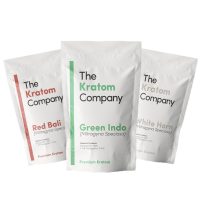

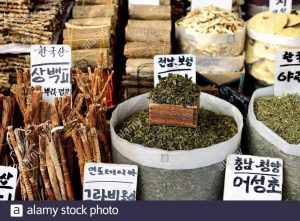


This Post Has One Comment
There are tricks in every trade.